I was watching a movie with my kids this weekend, the title of which is not relevant, and the following line struck me: “That wasn’t living, that was just not dying. There’s a difference!”. The words resonated with me and I found myself lying in bed that night thinking a bit about what it meant, and where it can be seen.
How many reading this blog can say that, regardless of how successful they are in the application of it, attempt to live each day to the fullest? How many seek to not only maintain, but to improve life for themselves and others? How many can say that they are working each and every day to make the most of not only today, but ensure that the future is bright as well? I would suggest that the answer to all three questions is “not enough”. Make no mistake, I am guilty of living according to the Tread Mill method on many days, perhaps sometimes even for weeks at a time. However, seeking to change that trend can only result in a positive. As this blog is primarily Masonic, I will focus this line of thinking in that context.
Stories abound of Lodges that exist only to open, read the minutes, pay the bills, and close quickly so that they can retire to the dining room to eat the same meal that they have had after every meeting since being chartered. These same Lodges are often filled with Past Masters who, with great passion, cry afoul when any type of change is proposed to the Lodge. “There is no INNOVATION in Masonry!”, they will cry. “We have done it this way for years with no problems!”, they proclaim. To this, I would suggest that the proposer ask the following questions. “Is this Lodge truly living its purpose in Masonry? Or is it simply not dying by maintaining the status quo?” Too many Lodges exist. Too few Lodges are living. Though many approaches can and should be taken to communicate this message to the Brethren, it is important that they be able to answer the question “Is this Lodge living its purpose in Masonry?” in the affirmative. Either they are seeking to improve themselves, their Brethren, and therefore society as a whole, or they are simply a drone in the hive of Masonry.
Harsh? Perhaps. Let me be clear. I am not advocating one approach to Masonry within the Lodge to another. I am claiming that Lodges should be “living” and not just simply “not dying”. If your Lodge experience is far from meaningful, then seek to change it! If your sole purpose for meeting is to read the minutes, pay the bills, and close the Lodge, then seek to make it about more. An attentive ear is hard pressed to make it through any conversation concerning the current state of the Craft without hearing about the dwindling membership. Normally it is followed by an explanation about competing priorities, internet, televised sports, work commitments, etc. prevent men from coming. To that I say the following. The problem is not that men are too occupied with work, smart phones, video games, family commitments or anything of the sort. The problem is that we are not offering them anything that can compete with those things. Now, aside from one’s family (which in my eyes is first priority regardless), there is nothing in that grouping that should be more enticing to a man that to be a part of something as sacred and as special as Masonry. To participate in timeless rituals, cloaked in secrecy, filled with allegory and symbolism, all seeking to instill ancient wisdom to the participant is something that should trump almost anything! Yet they do not come to the Lodge. Why is that?
The answer is simple. Too many Lodges are simply “not dying”. They are not “living” Masonry! They rush through the degrees as if they are simply a box to be checked. They encourage minimum proficiency because “men just do not have time for memorization and study”. They spend meetings bickering about bills, arguing over minutes, and closing quickly only to come back and do it all over again. This is not Masonry. When men come into Lodge, they want something special, something sacred. They do not leave (or fail to ever join) because they are not interested in Masonry. They leave (or fail to join) because they ARE interested in Masonry and have not found it in the Lodge.
Take notice, Brethren. Masonry is not a box to be checked. It is not something that you have to “get out of the way” so that you can drink coffee and eat off of paper plates in the dining room. It is not something that can be taught or experienced by utilizing minimum proficiencies. Masonry is a timeless system designed to impart wisdom and improve men and the societies in which they live. It is our duty to treat it as such. So with that, I will ask the following questions to the reader: “Is your Lodge living its purpose in Masonry? Or is it simply not dying?” If it is the latter, what are you going to do about it?
_________________________________________________________________________
Thank you for reading The Laudable Pursuit!
If you enjoyed this piece, please feel free to share it on social media sites and with your Lodge.
For more information on Wor. Jason Eddy, Please CLICK HERE:
Also, visit us on Facebook: https://www.facebook.com/TheLaudablePursuit
_________________________________________________________________________
SHOW YOUR SUPPORT
If you enjoyed the podcast, you can show your support by clicking the donate button below.




